Still time to submit for NSTOR collections on policy issues
ANS’s fully open research platform Nuclear Science and Technology Open Research (NSTOR) has two collections forming that aim to capture opinions and data on cross-cutting policy topics.

ANS’s fully open research platform Nuclear Science and Technology Open Research (NSTOR) has two collections forming that aim to capture opinions and data on cross-cutting policy topics.
.jpg)
Two weeks remain for public comments on the proposed language in the new federal rules proposed for hydrogen production tax credits. A public hearing on the regulations is scheduled for March 25, 2024.
While the federal proposal is largely popular among environmentalists and some pronuclear advocates, there are concerns from others that it would cut out opportunities for existing legacy nuclear plants that are well-equipped to convert part of their operations to hydrogen production. The proposed rules require hydrogen to come from newly built resources—the largest obstacle for legacy nuclear sites but further incentive to deploy new reactors—and would permit using natural gas if employed with carbon capture and sequestration.
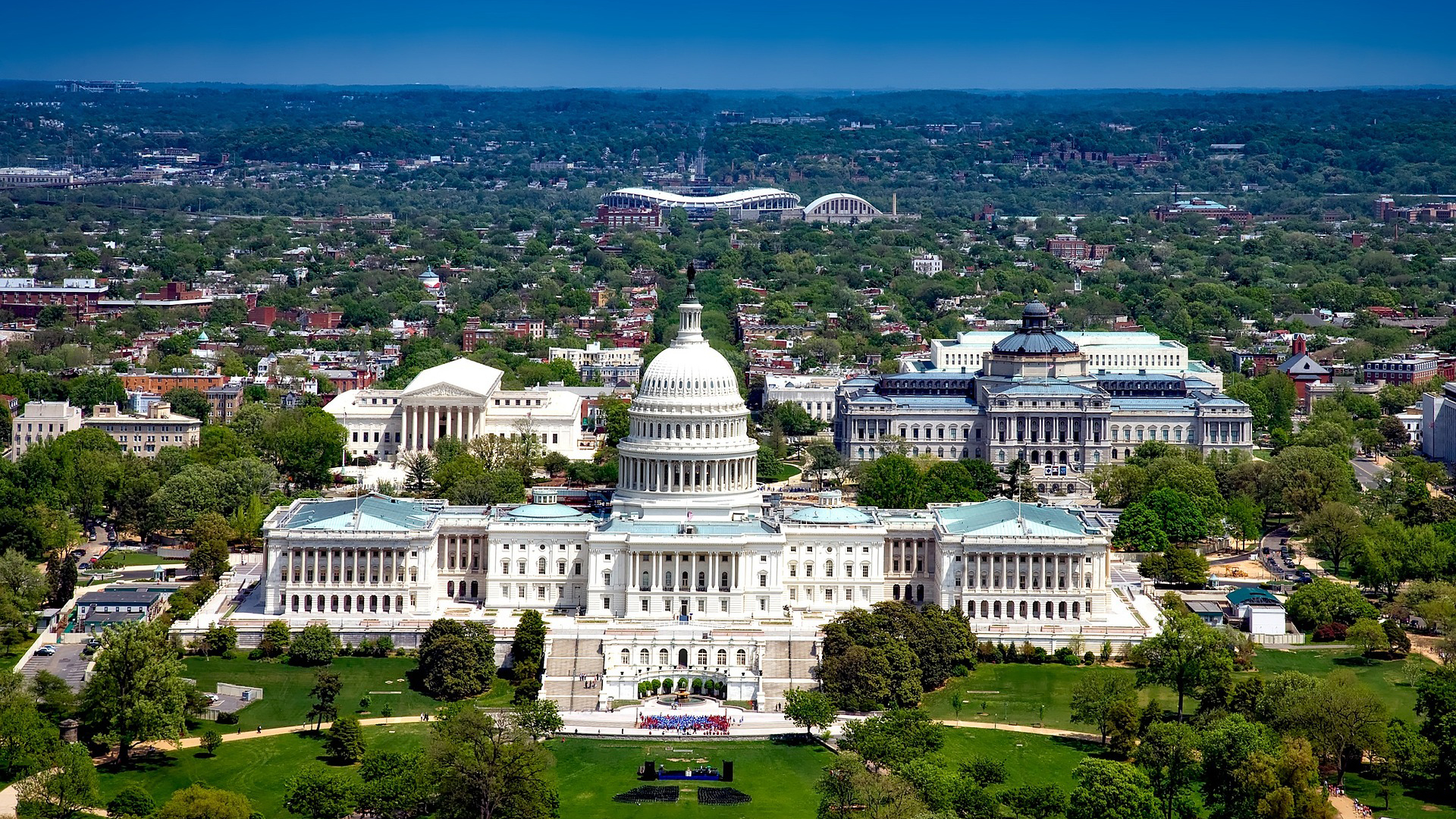
On February 5, the application process has officially opened for the Glenn T. Seaborg Congressional Science and Engineering Fellowship. The American Nuclear Society invites its members to apply for the fellowship, which helps the Society fulfill its strategic goal of enhancing nuclear public policy. Fellows work on energy legislation in the halls of Congress as a representative of ANS, either in a congressional member’s personal office or with a committee.
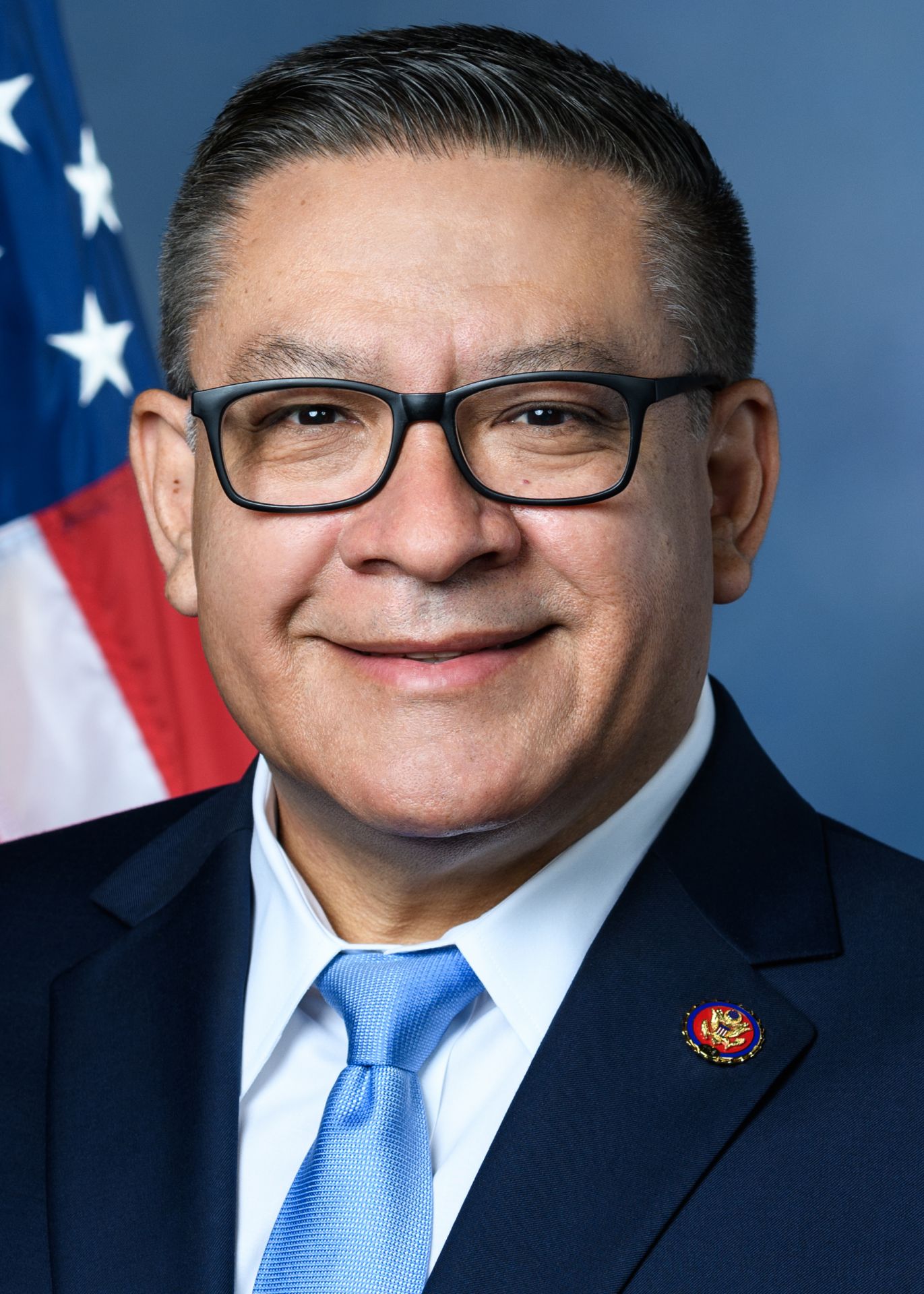
Carbajal
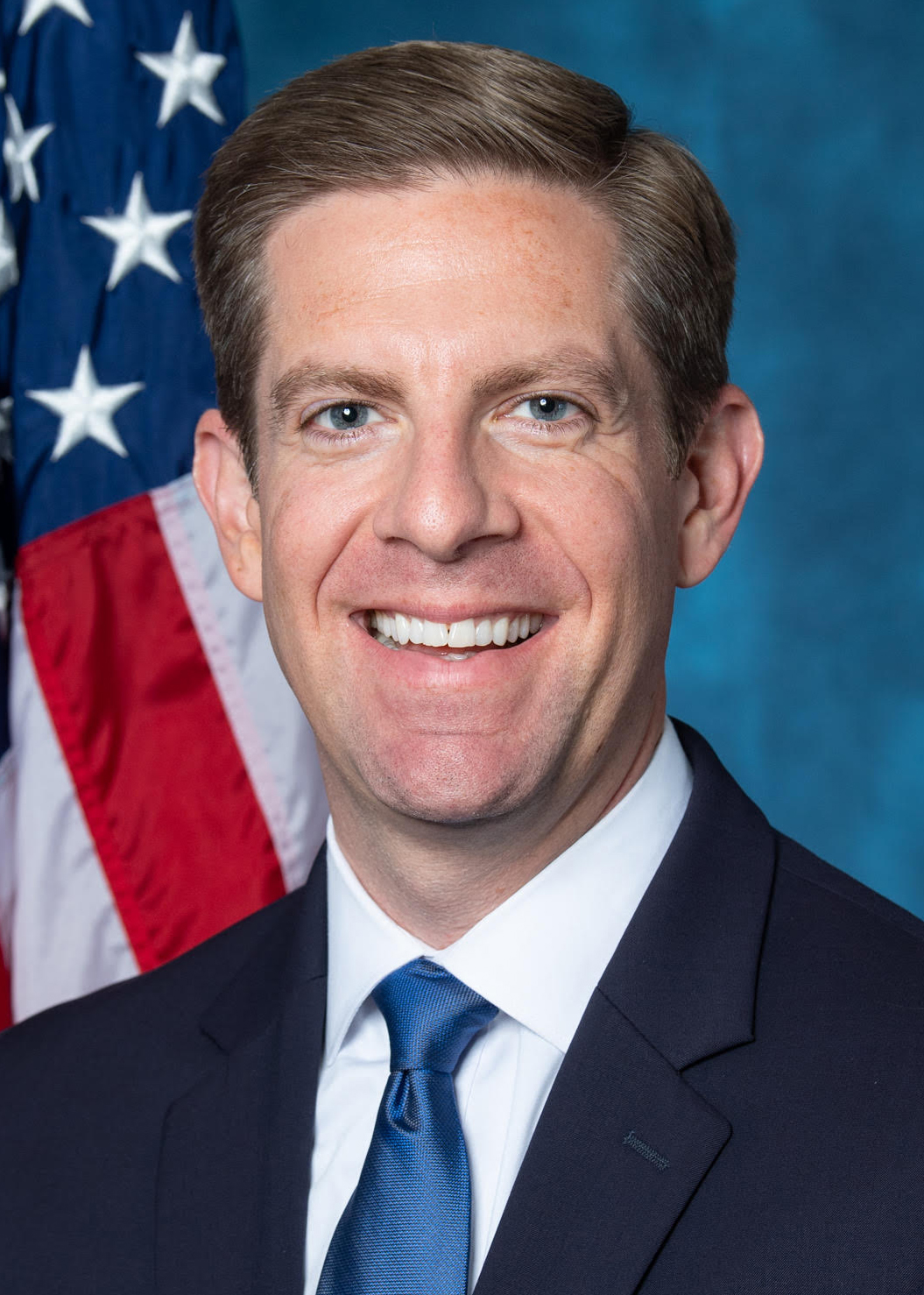
Levin
Reps. Mike Levin (D., Calif.) and Salud Carbajal (D., Calif.) have reintroduced the 100 Year Canister Life Act, which requires nuclear waste canisters to have a design life of at least 100 years. Levin last introduced the bill in 2022, where it died in committee.
Introduced into the House on January 31, the bill (H.R. 7172) would prohibit the Nuclear Regulatory Commission from issuing or renewing any certificate of compliance or license for a dry storage cask for spent nuclear fuel without a finding that the cask “can safely operate with spent nuclear fuel for a period of at least 100 years.” Current NRC regulations set the lifespan requirement of dry storage casks at 40 years.
The full text of the bill can be found here.
A proposed energy bill that the French government is scheduled to consider in early February is generating a great deal of controversy. If approved by the cabinet, the bill will go next to lawmakers in parliament for their consideration. However, the wording of the draft bill has been going through changes due to a controversy over nuclear energy versus renewables.
Early draft: A draft of the bill released on January 8 seemed to prioritize nuclear energy over renewable energy sources, including solar and wind. According to a January 9 report by France 24, the bill asserted “the sustainable choice of using nuclear energy as a competitive and carbon-free” source of electricity, and it set specific goals for nuclear energy, such as the construction of between six and 14 new nuclear reactors as a crucial step toward meeting climate change goals.
The ANS Public Policy Committee (PPC) approached the Board of Directors last November seeking approval of revisions to two position statements.
New guidelines for federal hydrogen production tax credits may leave legacy nuclear plants out in the cold.
The U.S. Treasury Department and the Internal Revenue Service have released proposed language about who would qualify for the 45V Clean Hydrogen Production Tax Credit created by the Inflation Reduction Act (IRA). The public comment period on the proposal is open until February 26.
At the ANS Winter Conference and Expo this past November, the ANS Board of Directors approved the creation of two new student sections—for the University of California–Los Angeles (UCLA) in California and the University of Wyoming (UW) in Laramie, Wyo.

A bipartisan group of nine House members is calling on the Department of Energy to give “fair, full, and swift consideration” to Holtec International’s application for DOE Loan Programs Office funding to restart the company’s Palisades nuclear plant, closed last year by the facility’s previous owner, Entergy.
What happened at COP28, the annual United Nations climate event held this year in Dubai, was the greatest outpouring of global support for nuclear power the world has seen since the thunderous reception to Eisenhower’s Atoms for Peace call exactly 70 years ago. For the first time, nuclear energy was specifically mentioned in the closing statement of a COP event as one possible way to combat climate change.
Illinois Gov. J. B. Pritzker returned to the good graces of the nuclear community last Friday, signing H.B. 2473, a bill that partially lifts the state’s decades-long moratorium on new nuclear power builds by permitting the construction of small modular reactors.
Pritzker had vetoed similar legislation, S.B. 76, in August, saying in a veto message that the bill included an overly broad definition of “advanced reactors,” which would “open the door to the proliferation of large-scale nuclear reactors that are so costly to build that they will cause exorbitant ratepayer-funded bailouts.” Pritzker had also asserted that S.B. 76 lacked “regulatory protections or updates to address the health and safety of Illinois residents who would live and work around these new reactors.”
As expected, a large number of nations at the COP28 climate conference in Dubai have issued a declaration to triple the world’s nuclear power capacity by 2050. John Kerry, U.S. special presidential envoy for climate, joined leaders and ministers from four continents on Saturday to announce the Declaration to Triple Nuclear Energy.
U.S.-endorsed declaration commits to tripling the world’s nuclear energy capacity by 2050
DUBAI, UNITED ARAB EMIRATES — Statement from American Nuclear Society (ANS) Executive Director and CEO Craig Piercy on the launching of the “Declaration to Triple Nuclear Energy” by the United States and twenty-one other countries during the World Climate Action Summit of the 28th Conference of the Parties (COP28) to the United Nations Framework Convention on Climate Change (UNFCCC):
The Nuclear Regulatory Commission has issued a final rule and associated regulatory guide applying risk-informed, performance-based emergency preparedness (EP) requirements to small modular reactors and other new technologies (ONT).

The United States and the Philippines last week signed a civil nuclear cooperation agreement—known in policy wonk jargon as a 123 Agreement.
The United States will spearhead a pledge at the upcoming COP28 summit in Dubai to triple the world’s nuclear power capacity by 2050, according to a November 15 Bloomberg exclusive.
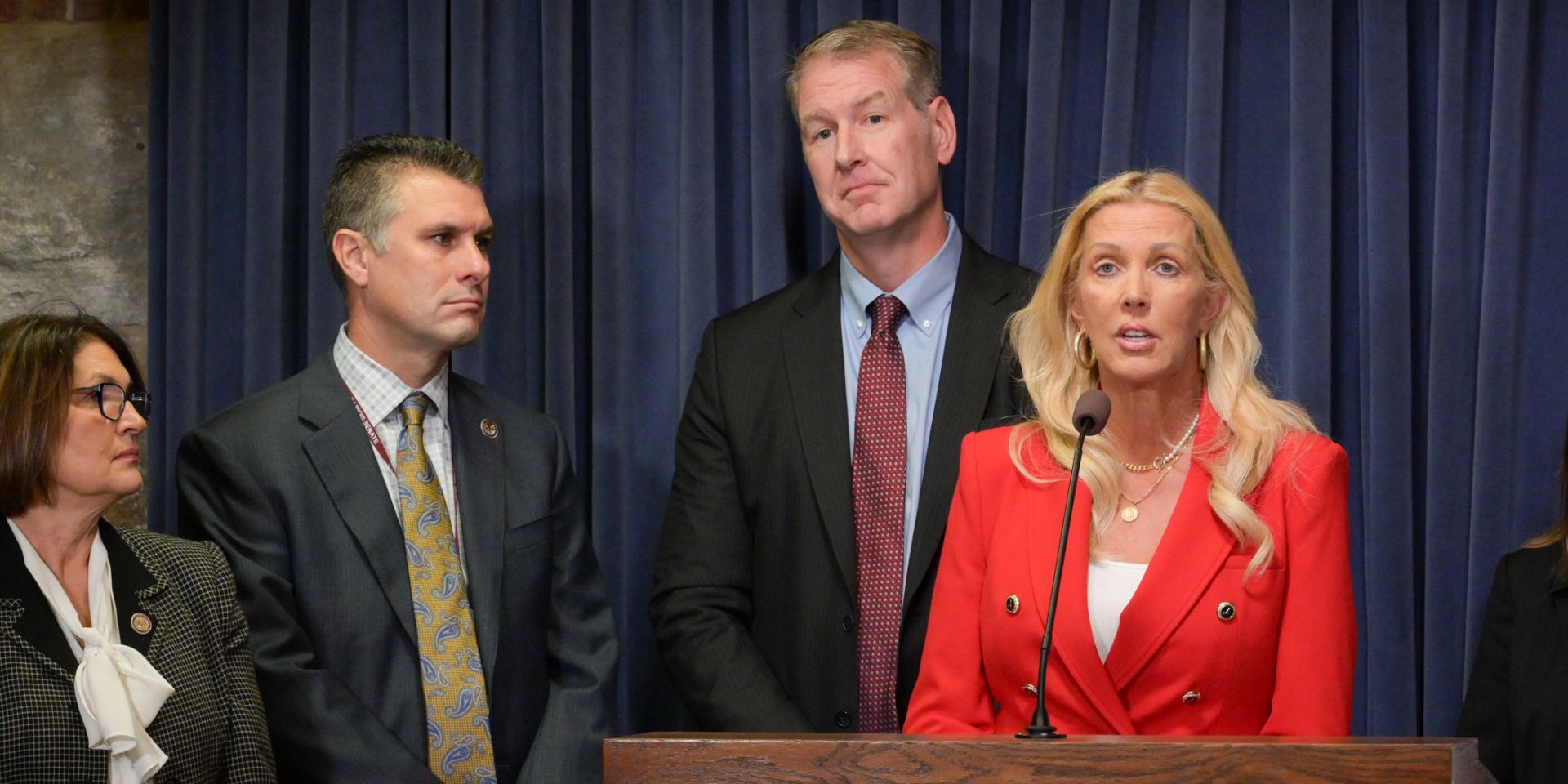
While an initial bill aimed at lifting the decades-old ban on new nuclear construction in Illinois was vetoed in August by Gov. J. B. Pritzker, the state’s nuclear-friendly legislature is giving the effort another shot, opting to pursue new legislation rather than a veto override.
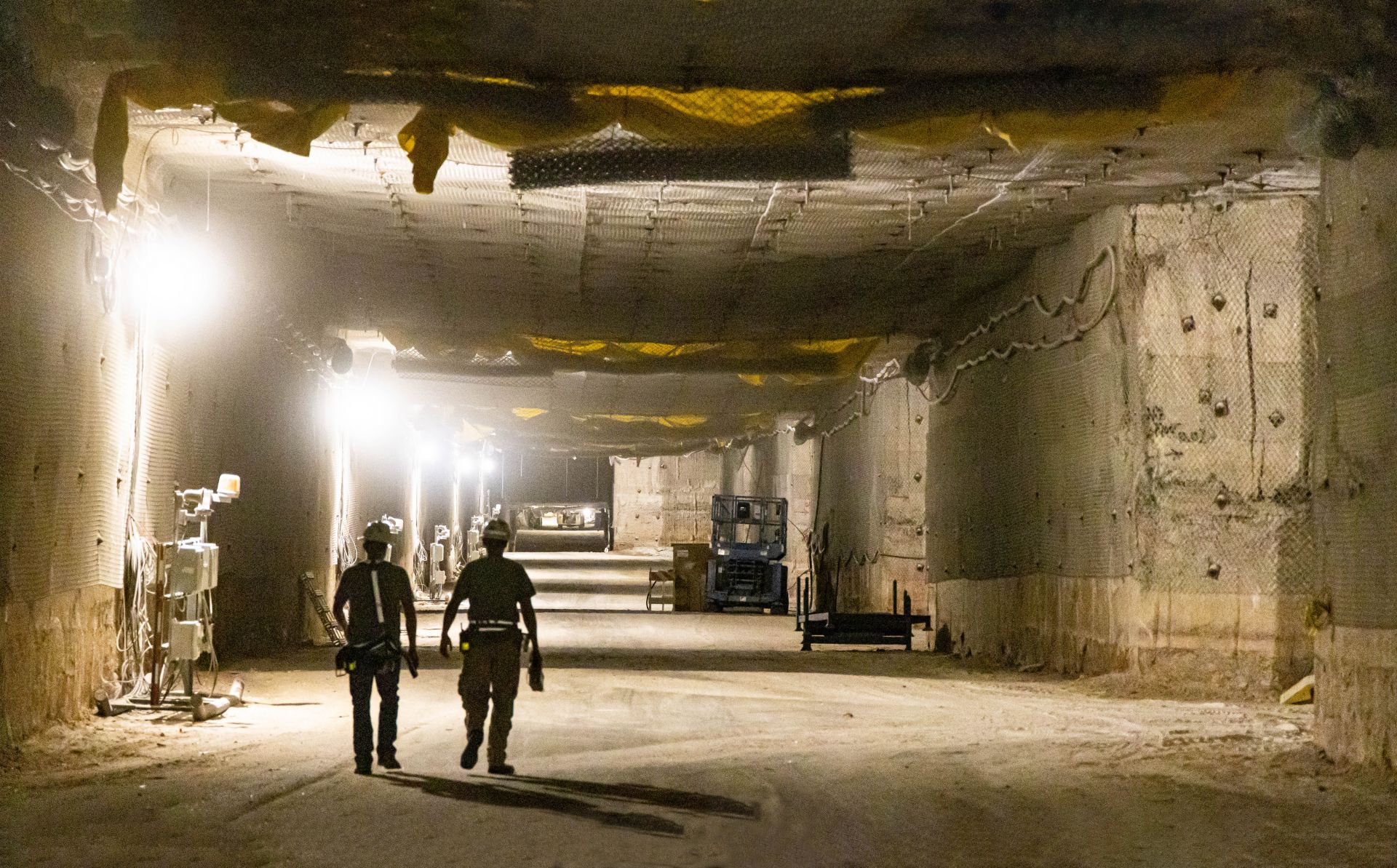
The American Nuclear Society coordinated an effort with eight nongovernmental organizations in asking Congress to update the Environmental Protection Agency’s generic standards for the safe, permanent disposal of spent nuclear fuel (SNF) and high-level radioactive waste.
With a new speaker finally seated, the GOP-led House of Representatives recently passed the fiscal year 2024 Energy and Water Development and Related Agencies Appropriations Act (H.R. 4394) in a near–party line vote of 210–199. A lone Republican—Rep. Ken Buck of Colorado—opposed the measure, as did all voting Democrats.
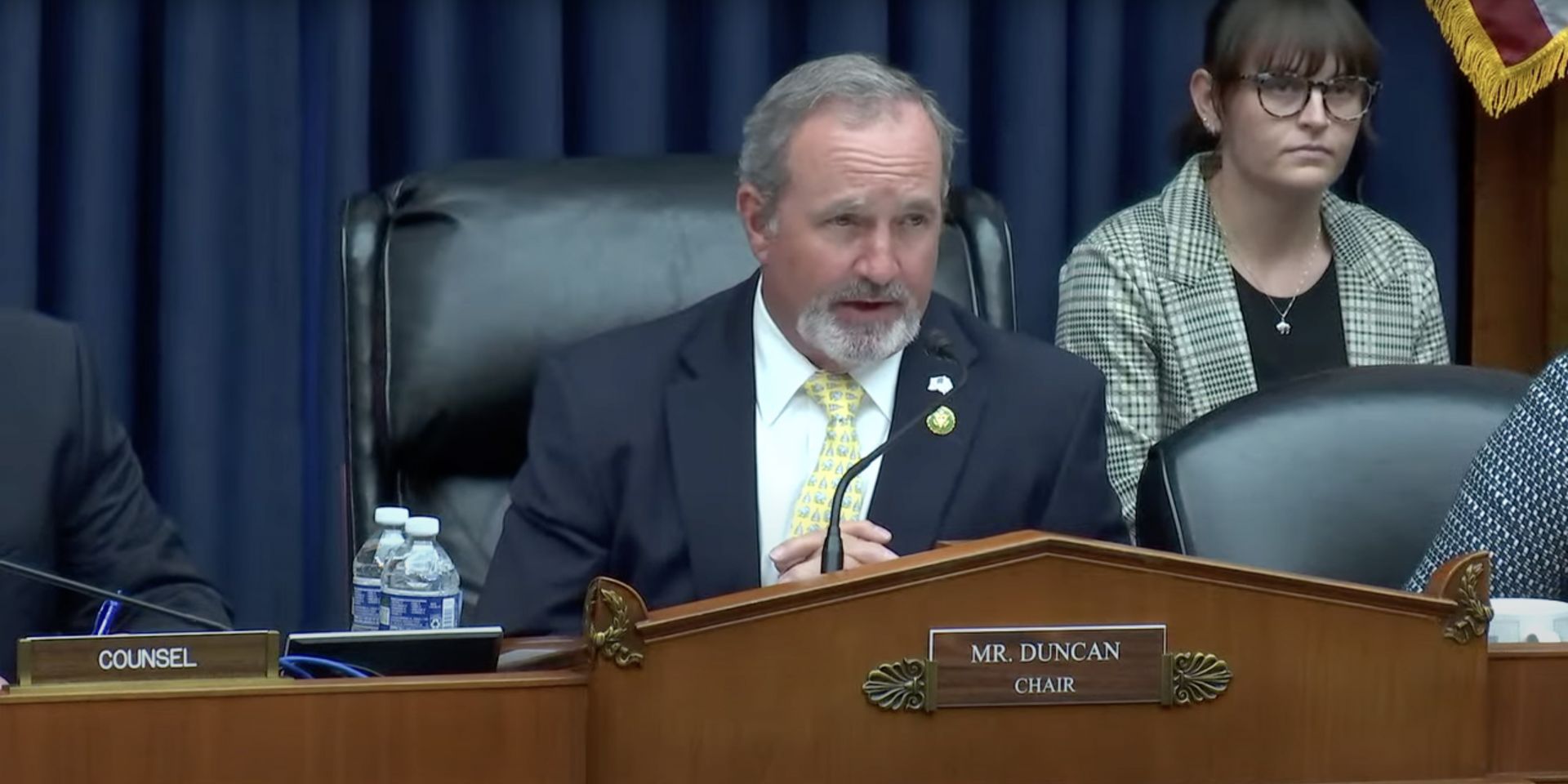
At a legislative markup session last week, a House Energy and Commerce subcommittee approved 17 energy bills for consideration by the full E&C committee, including 12 measures to boost and streamline the deployment of nuclear power. The nuclear-related bills cleared the subcommittee by voice vote with bipartisan support.
“Our shared goal in this committee is to advance bipartisan, durable policy that will expand nuclear energy and its benefits for the nation,” said Rep. Jeff Duncan (R., S.C.), chair of the E&C’s Energy, Climate, and Grid Security Subcommittee, in his opening remarks on October 24. “Chair Rodgers, ranking members Pallone and DeGette, and I sent a bipartisan request for information to a variety of stakeholders this past April. Based on feedback from this request and the hearings we’ve had since, it’s clear that more can be done to modernize the Nuclear Regulatory Commission and Department of Energy to advance nuclear energy in this country.”